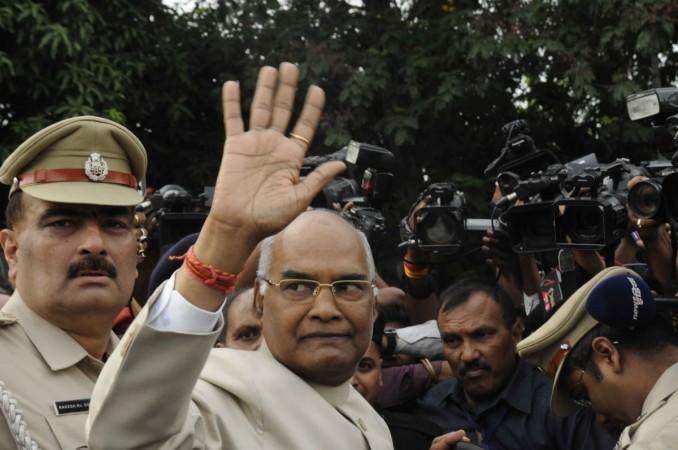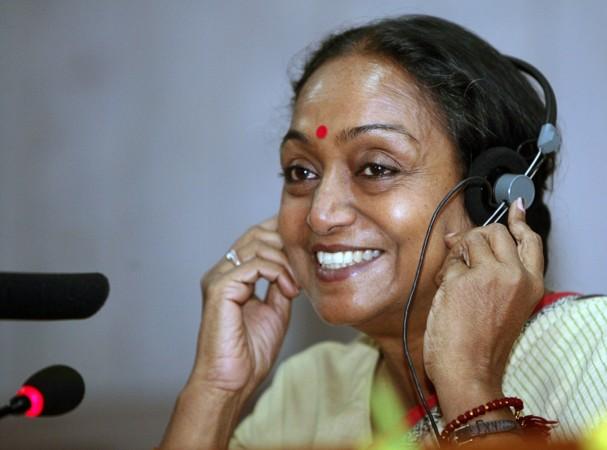
The presidential election 2017 to find the next occupant of the Rashtrapati Bhavan is unique for it features two Dalit candidates from both the ruling alliance and the Opposition. While the NDA has chosen Ram Nath Kovind as its candidate, the Opposition has gone for Meira Kumar.
Now with two Dalits set to lock horns for the prestigious post, what are the factors that will their respective supporting camps will look to capitalise on? With the primary identity of the two candidates being the same, there must be some next-level analysis now to see who is a more accepted Dalit.
BJP eyes non-Jatav Dalits to corner Mayawati and do away with Muslims
The BJP has chosen Kovind, a non-Jatav Dalit from the Kori community, which is present in a significant number from Kanpur to Bundelkhand region in UP. The BJP's stance was symbolic to make inroads into the non-Jatav Dalit vote-banks to not just better its electoral grip in the key state for the future but also corner Mayawati, a Jatav Dalit, more.
The non-Jatav Dalits are showing more interest on the BJP of late and this gives the saffron camp a good opportunity to ensure that they can do it even if the Muslims, whose numbers are significant in UP, do not vote for them in the days to come. This is something the BJP has tried in states like Gujarat as well.

The Oppsition has gone for the familiar model — dynasticism
The Congress-led Opposition, on the other hand, can be accused of reproducing the familiar dynastic traits by picking Meira Kumar, the daughter of late Dalit leader and former deputy prime minister Jagjivan Ram. The former Lok Sabha speaker can be well described as a "dynastic Dalit" who was picked since the NDA chose a Dalit. It's more of a reactive move and unlikely to earn any dividends for the Opposition which is by no means united (read Nitish Kumar).
The Dalits, who are in the headlines of late for all the tragic reasons, could be the end beneficiaries in this presidential election for this occasion gives them an opportunity to become a more diverse community and not just a monolithic group of voters. To see that the country's main political forces are dealing with not one but two Dalits – both of merit and distinction – will give their self-respect a boost and pave way for their further empowerment, socially and politically.














